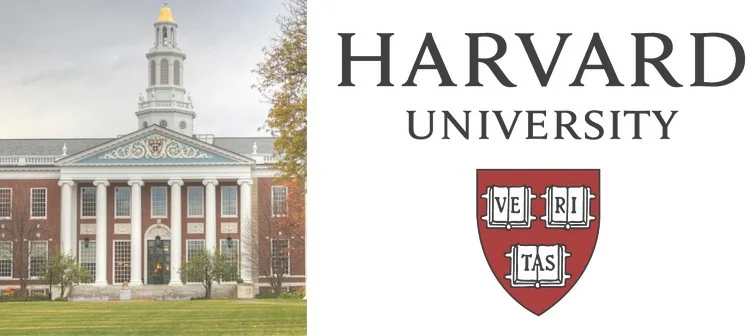The Antigua and Barbuda government has voiced concerns over what appears to be a shift in Harvard University’s commitment to reparations, linking the change to the political climate in the United States.
Chief of Staff in the Prime Minister’s Office, Lionel Hurst, said the administration remains engaged on the matter but is not seeking confrontation with the institution.
“There may be a legal avenue, but we are not in the business of antagonizing our friends,” Hurst said.
“Harvard was considered a friend precisely because it recognized that it became a wealthy institution in part due to the financial contributions of Isaac Royall Jr., a known slave owner whose wealth was built on the backs of enslaved people in Antigua.”
Concerns Over Harvard’s Position
Harvard had previously acknowledged its historical ties to slavery and pledged financial support for research and reparatory justice initiatives.
However, Antigua and Barbuda’s Ambassador to the U.S., Sir Ronald Sanders, recently sent a letter to Harvard’s president, seeking clarity on the future of the university’s commitments.
“We are not yet sure what Harvard’s position will be, but we do know that its stance appeared to shift after the U.S. presidential election,” Hurst said.
“There seems to be a connection between the new administration in Washington and the decision by Harvard to reconsider its position.”
Officials in Antigua and Barbuda have called for continued engagement with the university while monitoring developments. The government is expected to review its next steps based on Harvard’s response.




